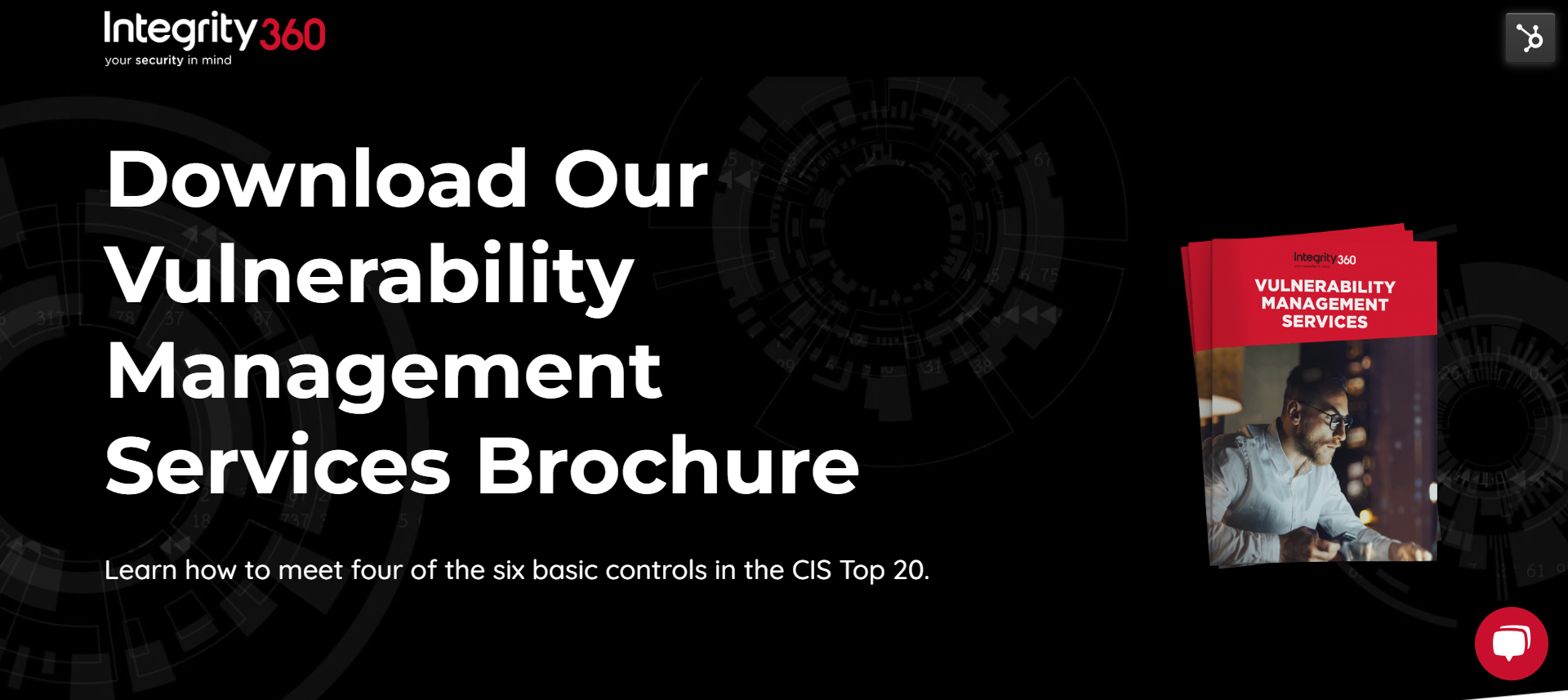This Cyber Security Awareness Month one of the main focuses is on making and using strong passwords. They’re one of the simplest yet most critical aspects of cyber security that are often neglected. Many consider passwords as just an obstacle, an annoying necessity that stands between you and your Facebook page, email, or banking app. However, when it comes to safeguarding your digital identity and personal information, passwords serve as your first line of defence.
The Risks of Poor Password Hygiene
Weak passwords are a golden ticket for cybercriminals. Once they have access to one account, it's often easy to infiltrate others. Bad password habits also leave you vulnerable to various forms of attacks, such as phishing and brute-force attacks. Yearly studies show that "123456" and "password" continue to be among the most commonly used passwords, leaving millions of accounts susceptible to breaches.
 What makes a Strong Password?
What makes a Strong Password?
Creating a strong password is not as difficult as it seems. A robust password:
- Is at least 12 characters long.
- Incorporates numbers, symbols, and both upper and lower case letters.
- Avoids easily guessable information like birthdays, names, or common words.
Use Multi-Factor Authentication (MFA) to strengthen your passwords
MFA adds an additional layer of protection. Even if someone manages to decipher your password, they'll need to pass another level of authentication, like receiving a one-time code on your mobile device, to gain full access. Nowadays, many services offer MFA, and enabling it can significantly increase your cyber resilience.
Regular Updates and No Recycling
It's good practice to change your passwords regularly, but it's crucial never to reuse old passwords. Cybercriminals often use previously exposed passwords to compromise new accounts. If you're concerned about forgetting these new combinations, a password manager can be an effective solution.
Social Engineering and Phishing
Often, the weakest link isn't your password but how you manage it. Cybercriminals have become proficient at using social engineering techniques to trick people into revealing their passwords. Always be wary when you receive unsolicited requests for your login credentials. Additionally, be skeptical of links and attachments in emails from unknown sources, as these could be phishing attempts.
Password Managers
Password managers offer a convenient and secure way to handle your plethora of passwords. These tools generate complex passwords, store them securely, and fill them in automatically when needed, thus alleviating the need to remember every single one. Most reputable password managers use strong encryption algorithms to protect your data, making it virtually impossible for anyone to crack your vault. They also often come with additional features like breach alerts, which notify you if one of your accounts is compromised. In essence, a password manager acts as a secure vault for your digital keys.
In summary, a strong password is your initial safeguard in the realm of cyber security. Don't overlook this basic yet vital element; the key to your online safety literally rests in your hands—or in this case, your keyboard.
If you are worried about cyber threats or need help in improving your organisation’s visibility please Get in touch to find out how you can protect your organisation.








